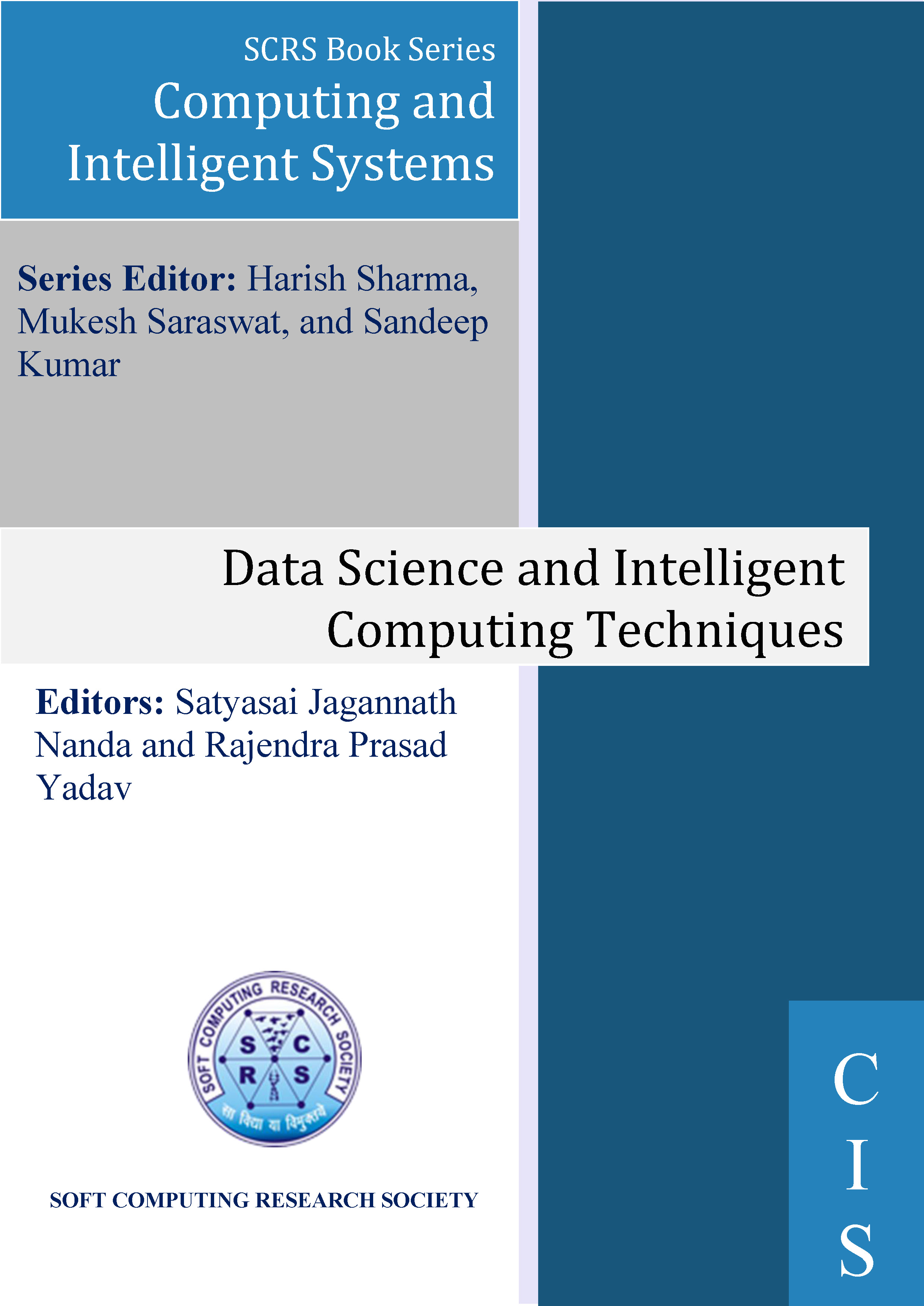
Reviewing Machine Learning Algorithms for Fake News Detection
Authors: Pradeep Kumar and Saroj Ratnoo
Publishing Date: 17-10-2023
ISBN: 978-81-955020-2-8
Abstract
With the proliferation of online platforms such as social media, digital media, e-news websites etc., spreading fake news has become easier than ever before. The fake news may be propagated as political propaganda or for financial gain. Due to the sensational and captivating nature of fake news, many individuals unintentionally forward messages involving fake news. Fake news can be dis-seminated through manipulated mediums such as photos, videos, click-bait head-lines etc. In its entirety, fake news weakens public trust and may cause chaos and confusion among people. Therefore, early detection of fake news is crucial to mi-tigate the serious implications of people being misinformed. At the same time de-tecting fake news is becoming increasingly difficult due to the advanced deceptive techniques used to make the fake news sound reliable. Researchers have turned to machine learning algorithms for automated fake news detection. This paper is a state-of-the-art review on identifying fake news using various machine learning algorithms including deep learning, transfer learning and hybrid approaches. It also enlists the frequently used datasets for fake news detection. Furthermore, the paper highlights the challenges in classifying news as genuine or fake, suggesting areas that require further research.
Keywords
Fake news detection, Machine Learning, NLP
Cite as
Pradeep Kumar and Saroj Ratnoo, "Reviewing Machine Learning Algorithms for Fake News Detection", In: Satyasai Jagannath Nanda and Rajendra Prasad Yadav (eds), Data Science and Intelligent Computing Techniques, SCRS, India, 2023, pp. 411-421. https://doi.org/10.56155/978-81-955020-2-8-37